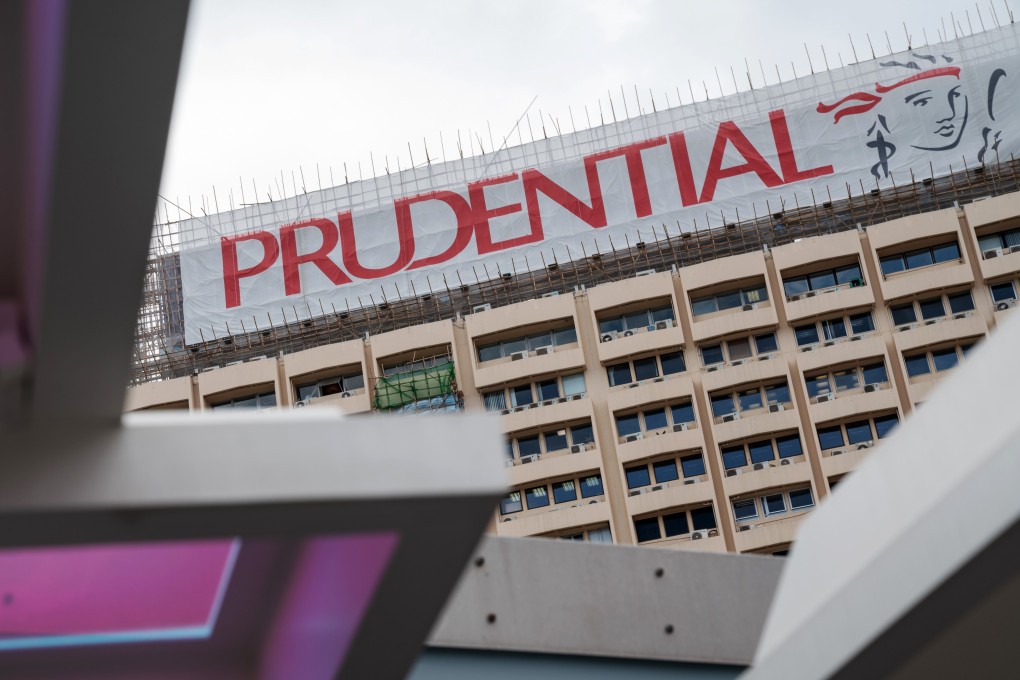Advertisement
Hong Kong insurers hire record number of agents to boost local sales as pandemic stops mainlanders visiting to buy insurance products
- The number of insurance sales agents in the city reached a record 129,939 in May as the industry reorganises itself to focus on domestic business
- Mainlanders, traditionally the biggest spenders, spent 98 per cent less in the first quarter on insurance policies in the city
Reading Time:3 minutes
Why you can trust SCMP

Hong Kong’s major insurers are dramatically increasing their headcounts this year in a bid to boost local sales to compensate for the loss of their biggest source of income – mainland Chinese visitors buying insurance policies in the city.
AIA, the biggest insurer in the city, aims to hire 6,000 more sales agents this year, while Prudential wants to add 4,000. Manulife and Zurich Insurance have both vowed to hire more this year too, according to executives.
The increased hiring had boosted the total number of Hong Kong-based insurance sales staff by 5 per cent to a record 129,939 at the end of May, according to data from the Insurance Authority.
Advertisement
The city’s insurers are having to rely more heavily on local sales because travel restrictions designed to stop the spread of Covid-19 have cut off one of their main revenue drivers – mainlanders crossing the border to buy insurance products in-person in Hong Kong.
Mainland Chinese, the biggest spenders on Hong Kong insurance policies before the pandemic began early last year, forked out 98 per cent less in the first quarter of 2021 than a year prior as the outbreak brought cross-border traffic to a standstill.
Advertisement
Advertisement
Select Voice
Select Speed
1.00x